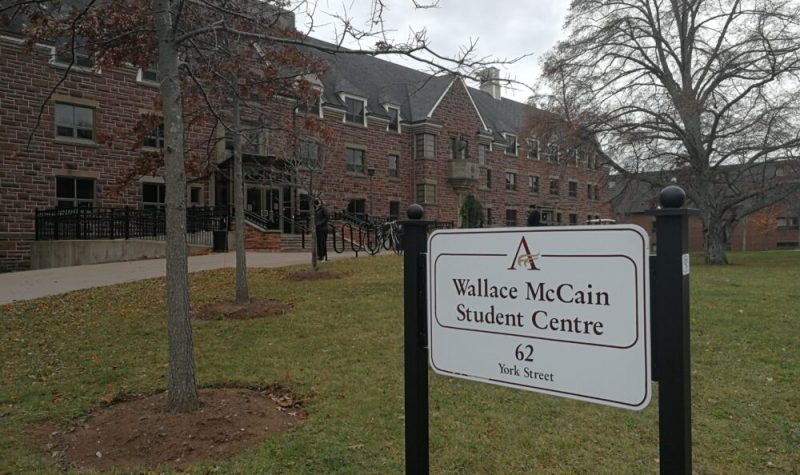Mount Allison has a new Mental Health and Harm Reduction Educator as of March 15th.
Darcy Cormier hails from Beaubassin East, and is an Acadia University alumnus.
She has been a social worker since 2004, with a focus on housing insecurity.
In Nova Scotia, where Cormier is from, she worked with organizations such as Direction 180 and was one of the initial coordinators of the Halifax Housing Help office.
She says that this year has been exceptionally stressful for students, and this new job with Mount Allison gives her an opportunity for early intervention with those who are struggling.
“[Students and colleagues] haven’t been seeing peaks and valleys of stress levels that usually happens,” says Cormier. “It makes sense that they go up around heavy exam times, and then you have some lows. The uncertainty this year can be seen in students, especially [since they had] to adjust learning styles to platforms that may not meet everyone’s learning style.”
Cormier points out that first year students missed out on traditional high school graduation before entering university, and COVID-19 continues to disrupt their school experience.
“I can totally see the fatigue there,” she says.
Now that COVID-19 vaccination roll-out is underway, Cormier is hopeful that wellness activities can be reevaluated. For now, she is still gathering information from the university.
Cormier also says that the legalization of marijuana has opened the door to discussing harm reduction on campus.
She hopes to teach peer support skills so students know how to help their friends struggling with addiction and other mental health issues.
“[If a student] is already in recovery when they’re starting school. So how can we support them?” says Cormier. “Is there some peer work we can do around those students? Individuals who may be relying on substances to cope…they need to help minimize the risks to their health and their academic participation, but also people on campus who are respectful and informed and are willing to sit down and help someone make a plan”
Cormier says that university can be when those who are struggling can start to “fall through the cracks,” and that her “goal to try and find ways that we can address those cracks.”
Hear this story as reported:


